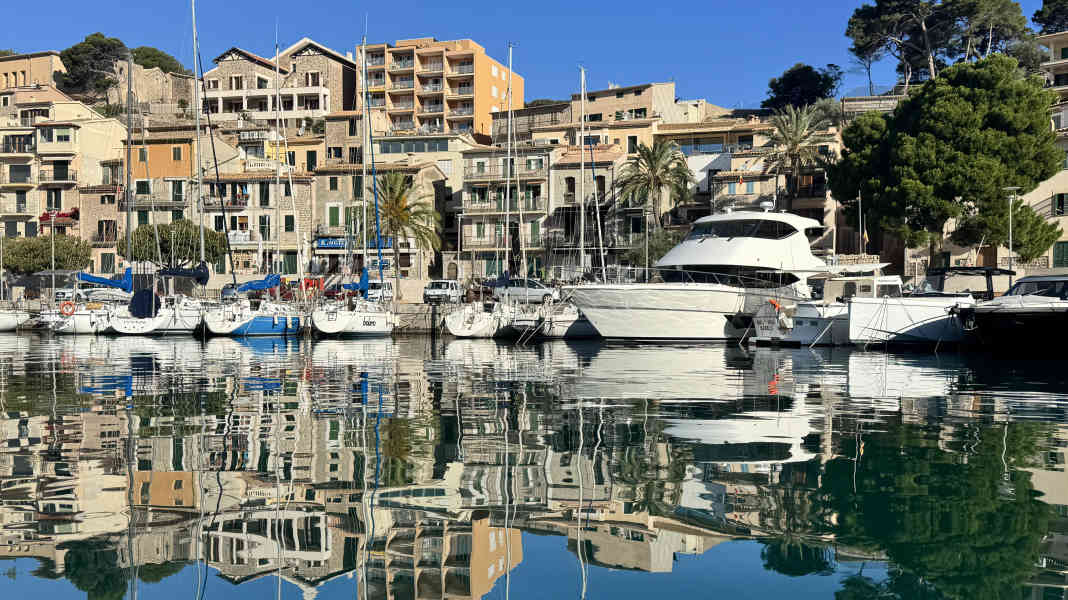Mallorca: Many Germans stayed away - 25 per cent minus for charter fleets
Christian Tiedt
· 20.09.2025

There was a time when they were inseparable, the Germans and their "favourite island" Mallorca. In the meantime, the situation has changed. One reason is the weakening economy, fuelled by political crises and wars, and the personal economic situation of many people. In July, the number of visitors from Germany fell by 8.6 per cent compared to the previous year.
And those who do come are spending less money: the term "bocadillo tourists" has become established among restaurateurs - holidaymakers are increasingly eating cheap food, such as sandwiches like the bocadillo, instead of going to restaurants. According to Mallorca Magazine, restaurants in Palma de Mallorca have seen a 20 per cent drop in turnover and dozens have already had to close this year.
Mallorca never comes to rest
In addition, there are other problems: exploding rents, congestion in the infrastructure and high environmental pollution have led to protests by residents against tourism on Mallorca. In the meantime, the government has reacted and introduced various measures, particularly to stem the flood of illegal holiday flats.
A new law from the Spanish central government that allows boats to be rented out as "Airbnb on the water" has met with so much resistance on the Balearic Islands, that the regional government put a stop to it. At the same time, however, another nationwide law has tightened the requirements for charter operations. These regulations affect both Spanish and foreign operators and bring stricter requirements in documentation, registration and operation.
"The Germans have become more cautious"
The sobering figures for the charter industry in Mallorca this summer should be seen against this backdrop. A 25 per cent drop compared to the previous year, and a 35 per cent drop in German charter guests.
José María Jiménez also identifies the economic situation of the Germans as the main cause. Diario de Mallorca quotes the president of the regional nautical industry association APEAM with the words: "The Germans have become more cautious. If they see that the costs are getting too high, they cancel their plans". It is not yet clear what this will mean for development in the coming year 2026, but the current situation means that an improvement is not to be expected, according to Jiménez.
